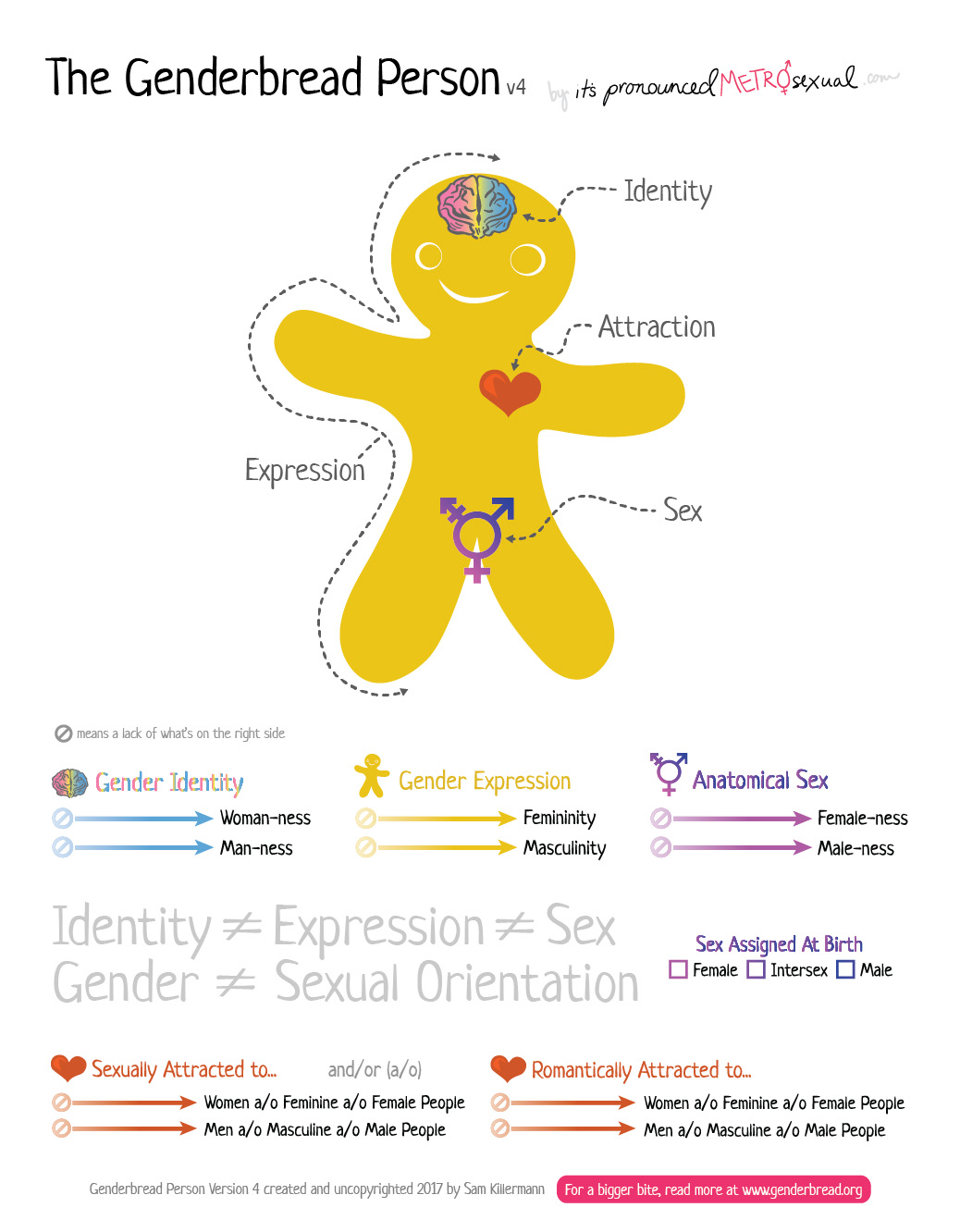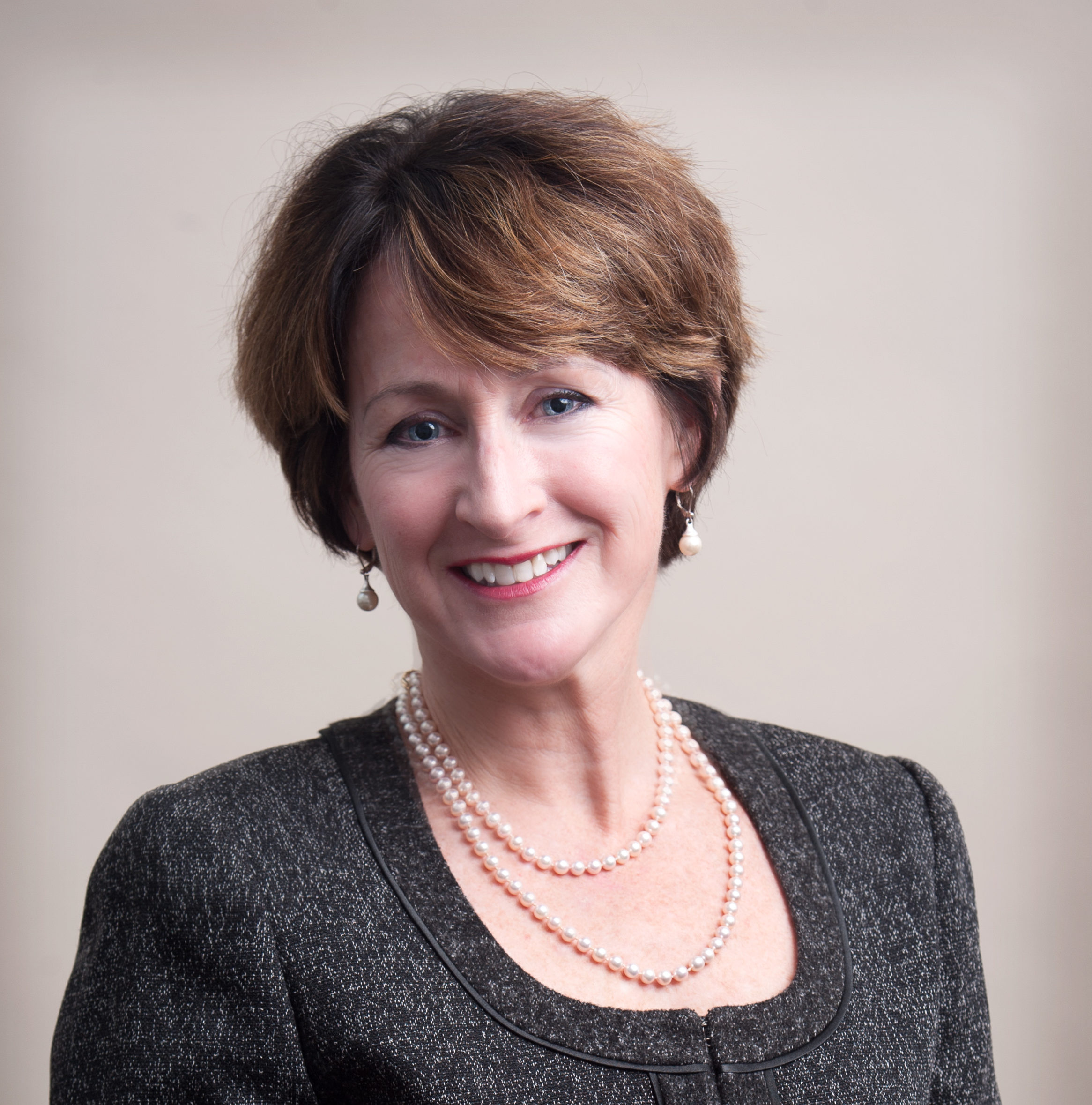Gender Ideology:
What Catholics
Need to Know
With Mary Rice Hasson, J.D.
A six-week series exploring “GENDER IDEOLOGY”
from a Catholic perspective
WHAT IS GENDER IDEOLOGY?
Gender ideology is a false system of beliefs about the human person, premised on the idea that “human identity becomes the choice of the individual.” According to gender ideology, the person self-determines a “gender identity,” based on feelings or the person’s “sense of self” as male, female, both, neither, or something else—regardless of the person’s actual male or female sex. Gender ideology asserts an individual’s “right” to “transition” to a desired identity, using social, medical or surgical interventions to “feminize” or “masculinize” the body’s appearance.
Psychological and medical interventions to “affirm” an individual’s desired gender identity in opposition to bodily reality cause serious, irreversible harm. Children, adolescents, and persons with depression, anxiety, autism spectrum disorder, or histories of trauma or abuse are particularly vulnerable. Gender ideology claims to support individual rights but results in social and legal coercion: activists seek to compel others to validate the individual’s desired “gender identity” and force them to accept transgender-identified persons in opposite-sex activities or private spaces (e.g., permitting a male identifying as a girl to compete in girls’ track and to undress in the girls’ locker room).
Catholics cannot affirm or validate a “transgender” or other identity that rejects the person’s innate sexual identity (male or female). Christian anthropology “sees sexuality as a fundamental component of one’s personhood.” Authentic compassion affirms the person’s dignity as a son (male) or daughter (female) of God and helps the person “accept his [or her] sexual identity” (Catechism of the Catholic Church 2333). Gender ideology denies God as Creator and, by rejecting the significance of sexual difference and the person as a unity of body and soul, “reflects[s] an anthropology opposed to faith and reason.”
Images like the genderbread person or the gender elephant convey the false anthropology of gender ideology: the person is represented as fractured—a jumble of disconnected dimensions that need not align and may change.
These dimensions include gender identity (an inner feeling), gender expression (external), sex assigned at birth (as if sex were an arbitrary label), and physical (sexual) or emotional (romantic) attraction.
The image erroneously presents sex as a spectrum of female, “intersex,” and male. Biology, however, defines “sex” as the classification of an organism according to its reproductive role; human reproduction is binary, always requiring sperm (male) and an ovum (female). An intersex condition is actually a disorder of sexual development that occurs in utero, not a third sex.
In brief, gender ideology is fundamentally opposed to Catholic teaching because:
– Gender Ideology redefines the person. It reflects a “dualistic anthropology, separating body…from human will” and “enforce[s] the false idea—that a man can be or become a woman or vice versa…”
– Gender ideology redefines human nature. It denies that the body is a gift from our Creator, and that our sexual identity as male or female has an intrinsic, objective meaning that reveals “who we are.”
– Gender ideology redefines the family. It denies sexual difference, which is essential to marriage and to the nature of sexual union as life-giving and love-giving, and thus denies the anthropological basis for the family (mother, father, children). Gender ideology seeks to dismantle the natural family, replacing it by “chosen” families of any sex or identity, centered on adult desires and created through artificial reproductive technologies (surrogacy or IVF) that intentionally deprive the child of either a mother or father.
– Gender ideology redefines the relationship of the person to the state by claiming that the state has the power to define or redefine personal identity, marriage, and parenthood, and usurping parents’ rights to direct the upbringing of their children.
– Gender ideology redefines the relationship of the person to God by rejecting God as Creator. Gender ideology is essentially atheistic, elevating individual autonomy and self-determination over God’s authority. (Not all who accept gender ideology are atheist or rejecting God; they may be unaware that gender ideology contradicts essential Christian teachings.)

A 6-week Tuesday night series
April 9, 2024 – 7 pm to 8:30 pm
The Big Question: “Who am I?”
Catholic teaching on the person v Ideology – Irreconcilable anthropologies
April 16, 2024 – 7 pm to 8:30 pm
“Transgender Tipping Point: 10 Years Later”
Trajectory – Roots, Cultural Changes, Future Challenges – religious liberty
April 23, 2024 – 7 pm to 8:30 pm
The LGBTQ Generation: The Influences on Youth
Vulnerabilities, Vectors/Influencers – schools, parental rights, counselors
April 30, 2024 – 7 pm to 8:30 pm
What About “Transgender” Body Modifications?
Medical/Surgical Interventions and Catholic Teaching
May 7, 2024 – 7 pm to 8:30 pm
Gender, Mental Health, and Suicide: The Facts
“Gender dysphoria” and Co-morbidities; Suicide risks and Realities
May 14, 2024 – 7 pm to 8:30 pm
The Catholic Response: Truth and Charity
Principles – summation – Cases – business, family members, peers, experts

Mary Rice Hasson
Director, Catholic Women’s Forum
Mary Rice Hasson, J.D., is the Kate O’Beirne Senior Fellow at the Ethics and Public Policy Center in Washington, D.C., where she co-founded and directs the Person and Identity Project, an initiative that equips parents and faith-based institutions to promote the truth about the human person and counter gender ideology.
An attorney and policy expert, Mary has been a keynote speaker for the Holy See during the United Nations Commission on the Status of Women, addressing education, women and work, caregiving, and gender ideology, and serves as a consultant to the U.S. Conference of Catholic Bishops’ Committee on Laity, Marriage, Family, Life and Youth. She speaks frequently at national conferences, universities, and in dioceses across the country, and has testified before the U.S. Senate, state legislatures, and the Australian parliament on parents’ rights and transgender issues.
The co-author of several books on education, Mary’s writing has appeared in the Wall Street Journal, Newsweek, National Review, First Things, the National Catholic Register and Our Sunday Visitor, among others.
In March 2023, Mary was the 2023 recipient of the Christifideles Laici award, presented at the National Catholic Prayer Breakfast. A graduate of the University of Notre Dame and Notre Dame Law School, Mary is married to Seamus Hasson. They are parents of seven grown children and grandparents of five.
REGISTER HERE!
"*" indicates required fields

